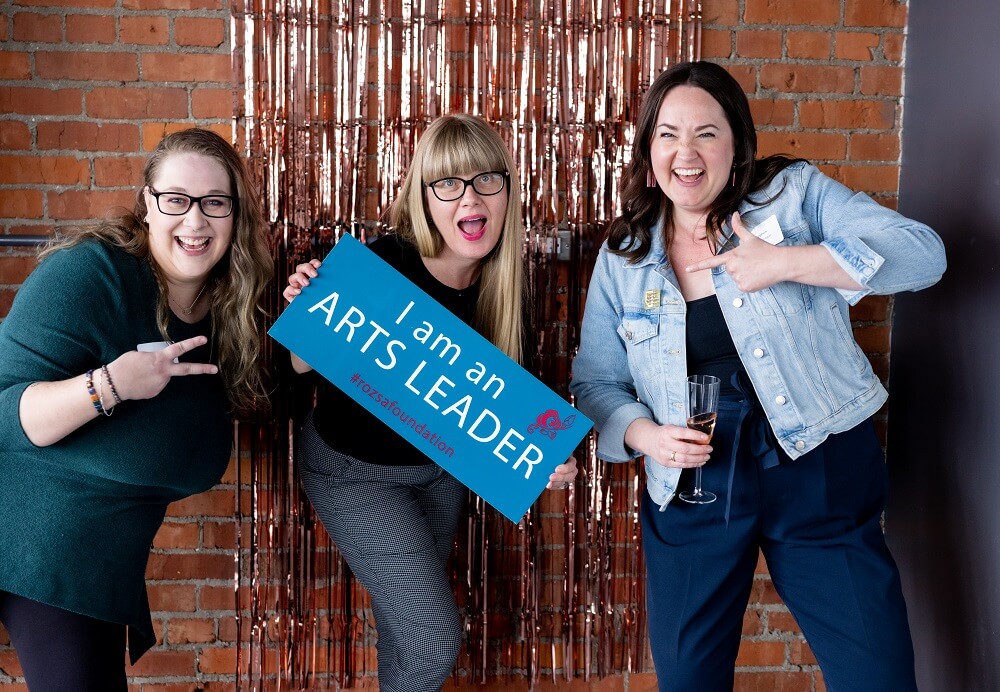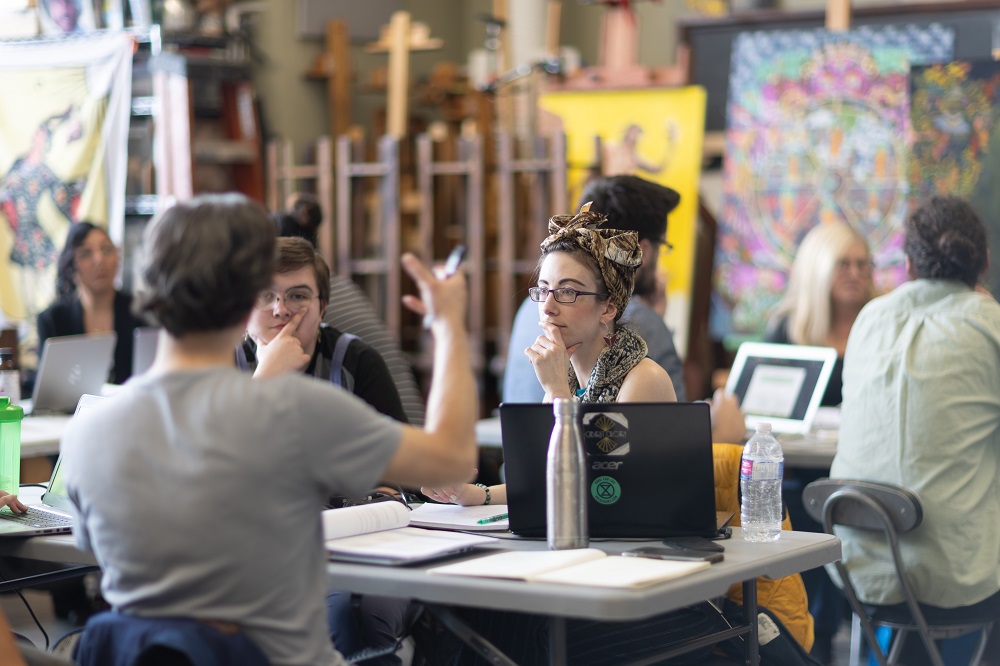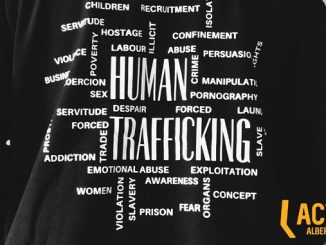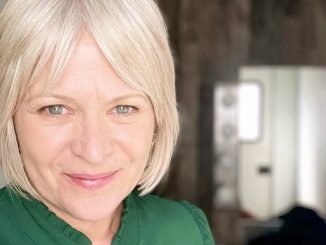Meet the Rozsa Foundation, your ally in Alberta’s arts community. They’re all about supporting creativity through training, funding, and storytelling. As a foundation keen on learning, they aim to build essential skills and knowledge, boosting the arts scene in Alberta. We met with Lisa Mackay, the Director of Storytelling, to discuss how they foster a thriving environment where every artist can flourish.

Describe your charity/non-profit/volunteer work in a few sentences.
The Rozsa Foundation empowers and supports the arts community in Alberta through an integrated use of training, funding, and storytelling support. As a learning-focused foundation, we are centred around building foundational knowledge and skills to embolden the arts sector in Alberta.
What problem does it aim to solve?
Many arts leaders come from an artistic background and find themselves starting, running, or working in an arts organization with little administrative or management experience. We try to fill that gap with training and funding programs, as well as through resources, research, and other supports. Our goal is to fill the sector with confident, savvy, and creative leaders.
When did you start/join it?
I joined the foundation at the beginning of 2020, which of course turned out to be an intense time to arrive. As soon as the pandemic hit, arts organizations and artists had to shut down with no source of revenue and so many question marks. The Rozsa Foundation immediately changed course and tried to help provide resources for arts organizations to pay their artists and to help the sector move online. It was a hectic time but I am very proud of being able to respond so quickly.
What made you want to get involved?
I had been working in marketing for the arts for many years and really admired the work that the Rozsa Foundation did, especially in the way it responds to the needs of the arts community and the care it’s employees and board members show for the people in the arts sector. When the opportunity became available, I jumped at it, and the Executive Director Simon Mallett has been so great in the way he has grown the role to embrace my strengths and experience.
What was the situation like when you started?
The Rozsa Foundation had been doing many of the same activities and programs for the community that it had been doing for years when I arrived. They were great programs, but of course, the events of 2020 made everyone ask hard questions and really evaluate the details and the impact of their work.
How has it changed since?
Since January 2020, the Foundation has really deepened its commitment to the arts sector in a much more holistic and inclusive way. As a staff, we did lots of anti-racism and reconciliation training and adapted or changed all of our funding and training programs to use equity, diversity, inclusion, and accessibility as our primary lenses. We are aware that this work is never done and are constantly working on ensuring our programs fit the current needs of the arts community.

What more needs to be done?
The arts sector is in a very strange place post-pandemic. During the lockdowns, people really turned to the arts for comfort, community, and meaning, However, now that the world has opened back up, audiences and visitors are not returning to pre-pandemic levels, and funding from individuals, corporations, and government are all lower than before. This has the sector contemplating big existential questions about the essential value of the arts in a thriving society, and what organizational models are best suited to delivering that value. There are no easy answers, and without funding, arts organizations are really feeling the strain.
How can our readers help?
Take part in the arts! Leave the house and go see that show you thought looked interesting; both you and the artists involved will benefit from your attendance. Money is tight right now, but investing in experiences and social events is what life is all about, and will be the highlights you remember year to year.
Also, let your local politicians know that the arts matter to you and to your community. They are never top of mind in the way education or health care are, but one could argue that they are just as important to a happy life and healthy society. Funding the arts is an important and essential part of government.
Where can we follow you?
Website | Facebook | Instagram | LinkedIn
PAY IT FORWARD: What is an awesome local charity that you love?
Every one of the non-profit arts companies in Calgary are great, and I admire the Elephant Artist Relief Society for their work in supporting individual artists and creative professionals.




